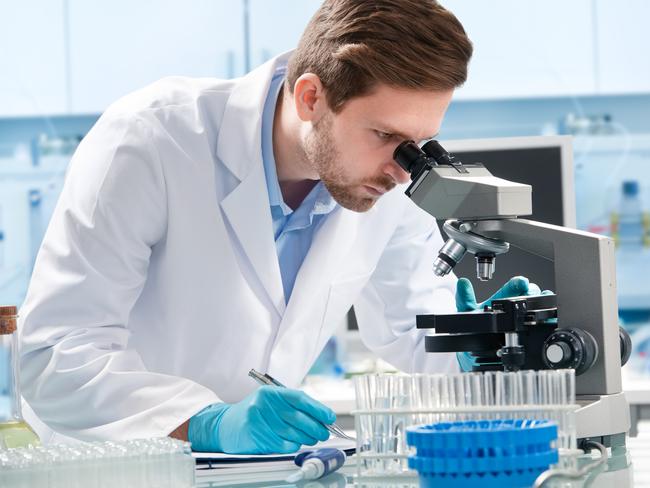New study links use of acid reflex drugs to doubling of stomach cancer risk
A NEW study has linked the use of drugs aimed at curbing acid reflux conditions such as heartburn to an increased risk of stomach cancer.

Illness
Don't miss out on the headlines from Illness. Followed categories will be added to My News.
A NEW study has linked the use of drugs aimed at curbing acid reflux conditions such as heartburn and stomach ulcers to a heightened risk of stomach cancer.
According to the research conducted by the Department of Medicine at the University of Hong Kong, the long term use of drugs used to combat reflux can more than double a person’s risk of developing stomach cancer. — the third leading cause of cancer death in the world.
The study found the long term use of proton pump inhibitors (PPIs), a class of drugs commonly used to treat acid reflux from conditions such as heartburn, stomach ulcers and ulcers of the intestine was published online in the journal Gut.
PPIs work to reduce the amount of acid pumped out by the stomach.
The first PPI to be developed commercially, omeprazole (known as Losec or Prilosec), was released onto the market in 1988.

The risk of cancer rose in tandem with the dose and duration of treatment after the elimination of Helicobacter pylori, a bacteria implicated in the development of stomach cancer.
Eliminating Helicobacter pylori from the gut significantly lowers a person’s risk of developing stomach cancer. But a worrying number of those who undergo successful treatment still go on to develop the disease.
It has previously been recommended that before patients were given long-term treatment of PPI, H. pylori should be eradicated.
Researchers looked at 63,397 adults treated with triple therapy — a combination of a PPI and antibiotics to kill off H. pylori over seven days between 2003 and 2012.
Those involved were then studied until they developed stomach cancer, died, or the study ended.
During this time, taking PPIs was associated with a more than doubling (2.44) in the risk of developing stomach cancer, while taking H2 blockers (H2 receptor antagonists) was not associated with any such heightened risk.
In all 153 people developed stomach cancer after therapy.
More frequent use of PPIs was associated with a greater risk, with daily use linked to a more than quadrupling of risk (4.55) compared with weekly use.
Associate Professor Richard Ferrero, Research Group Head, Gastrointestinal Infection and Inflammation at the Hudson Institute of Medical Research said the report had a number of important implications.

“The work has important clinical implications as PPIs, which are among the top 10 selling generic drugs in the US, are commonly prescribed to treat heartburn,” he said.
“The major strengths of this study are its size, involving over 63,000 individuals, and its elimination of several important confounding factors, including an existing H. pylori infection.
“This new study by Cheung and colleagues now shows that even a prior H. pylori infection increases the risk of gastric cancer in subjects receiving long-term PPI therapy.”
Originally published as New study links use of acid reflex drugs to doubling of stomach cancer risk


